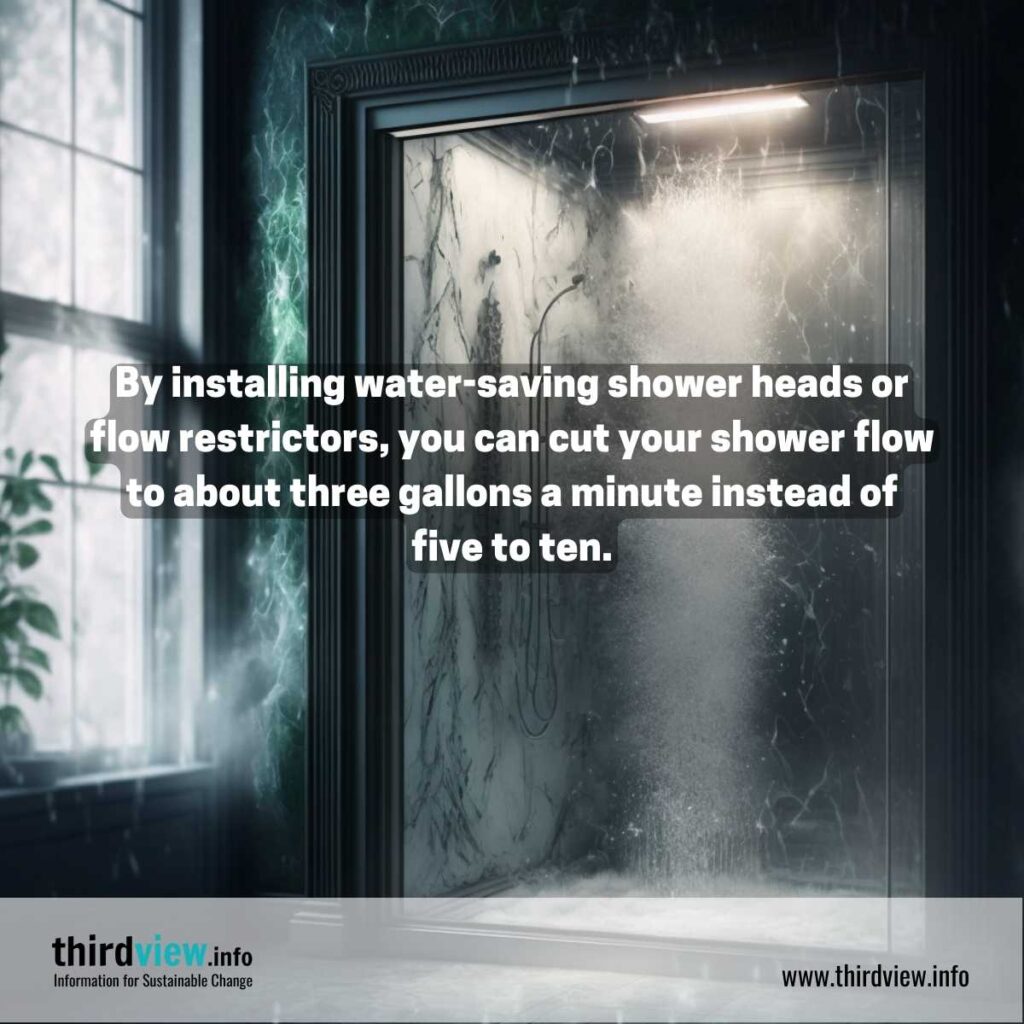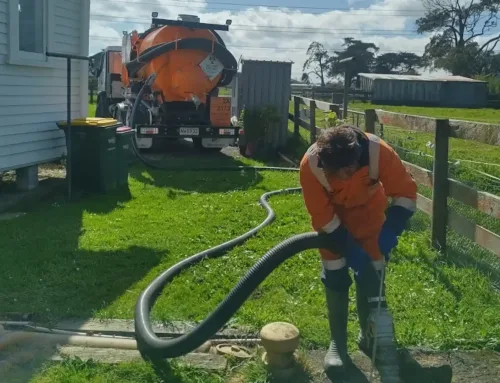The smart Trick of Reclaim Waste That Nobody is Talking About
The smart Trick of Reclaim Waste That Nobody is Talking About
Blog Article
See This Report about Reclaim Waste
Table of ContentsReclaim Waste - TruthsThe smart Trick of Reclaim Waste That Nobody is Talking AboutA Biased View of Reclaim WasteReclaim Waste Fundamentals ExplainedSome Known Factual Statements About Reclaim Waste
Residential sewer waste refers to the waste and items from a property septic tank. The appropriate management and disposal of domestic sewage waste require liquid waste to be moved to a sewage therapy plant where the proper methods and devices are used to cleanse and dispose of waste.
Commercial waste frequently includes prospective hazards, such as combustible products or a combination of fluid and strong waste products, and requires an advanced and detailed disposal procedure. The disposal of industrial waste typically involves the filtering of waste before transportation to make certain safe and correct disposal. Hazardous waste is produced from by-products and overflow of commercial procedures and manufacturing.
This kind of waste can not make use of the exact same sewer administration transport or procedures as septic or business liquids. The hazardous waste monitoring procedure requires the examination and testing of liquid waste before it undertakes the disposal process (liquid waste removal). Overflow waste is the liquid waste that comes from overflow and excess stormwater in extremely booming locations or cities
Overflow waste can trigger contamination and flooding if not dealt with effectively. Discover much more about drain cleaning and waste monitoring. Ensuring appropriate waste management can avoid calamities and decrease environmental harm. Both people in property settings and professionals in business or production markets can take advantage of recognizing the procedures and guidelines of fluid waste administration.
Not known Factual Statements About Reclaim Waste
Get in touch with PROS Solutions today to find out about our waste administration and disposal services and the correct methods to take care of the fluid waste you produce.
(https://www.mixcloud.com/reclaimwaste1/)Do you understand what occurs to your water when you draw the plug, purge the bathroom or drain the cleaning maker? No? Well, it deserves knowing. This supposed 'wastewater' is not only an important source yet, after treatment, will certainly be launched to our land, rivers or the ocean. Used water from commodes, showers, bathrooms, kitchen area sinks, laundries and industrial procedures is understood as wastewater.

water made use of to cool down equipment or clean plant and devices). Stormwater, a type of wastewater, is overflow that streams from agricultural and metropolitan locations such as roofings, parks, yards, roadways, paths and seamless gutters into stormwater drains you could try here pipes, after rainfall. Stormwater moves untreated straight to regional creeks or rivers, eventually reaching the sea.
A Biased View of Reclaim Waste
In Queensland, a lot of wastewater is treated at sewage treatment plants. Wastewater is moved from residential or industrial sites through a system of drains and pump terminals, known as sewage reticulation, to a sewage treatment plant. Neighborhood governments develop, preserve and run most sewer treatment plants. Operators are certified under the Environmental Defense Act 1994 to release cured wastewater at an appropriate ecological standard into waterways.
The Division of Natural Resources recommends local federal governments concerning handling, operating and maintaining sewerage systems and therapy plants. In unsewered locations, city governments may call for homeowners to mount individual or family sewer treatment systems to treat residential wastewater from commodes, kitchens, shower rooms and laundries. The Department of Natural Resources authorises making use of house systems when they are proven to be reliable.
A lot of stormwater gets no therapy. In some brand-new neighborhoods, treatment of some stormwater to eliminate clutter, sand and gravel has actually begun utilizing gross contaminant catches. Wastewater therapy occurs in four phases: Eliminates strong matter. Bigger solids, such as plastics and various other items incorrectly released to drains, are removed when wastewater is travelled through displays.
Uses little living organisms knows as micro-organisms to damage down and get rid of remaining liquified wastes and great bits. Micro-organisms and wastes are integrated in the sludge.
Reclaim Waste Things To Know Before You Buy
Nutrient removal is not available at all sewer treatment plants due to the fact that it needs expensive specialised tools. Clear fluid effluent generated after treatment might still include disease-causing micro-organisms - industrial wastewater treatment.

Most wastewater flows into the sewage system. Under the Act, local governments provide approvals and permits for environmentally appropriate tasks (Periods) entailing wastewater launches that may have a neighborhood effect.
Facts About Reclaim Waste Uncovered
Or else, examples are considered lab evaluation. Typically several examinations are needed to establish the levels of each of the different toxins such as oils, hefty metals and chemicals in water. Tracking provides factual info concerning water high quality and can validate that permit problems are being fulfilled. The details acquired via monitoring supplies the basis for making water high quality choices.
Report this page